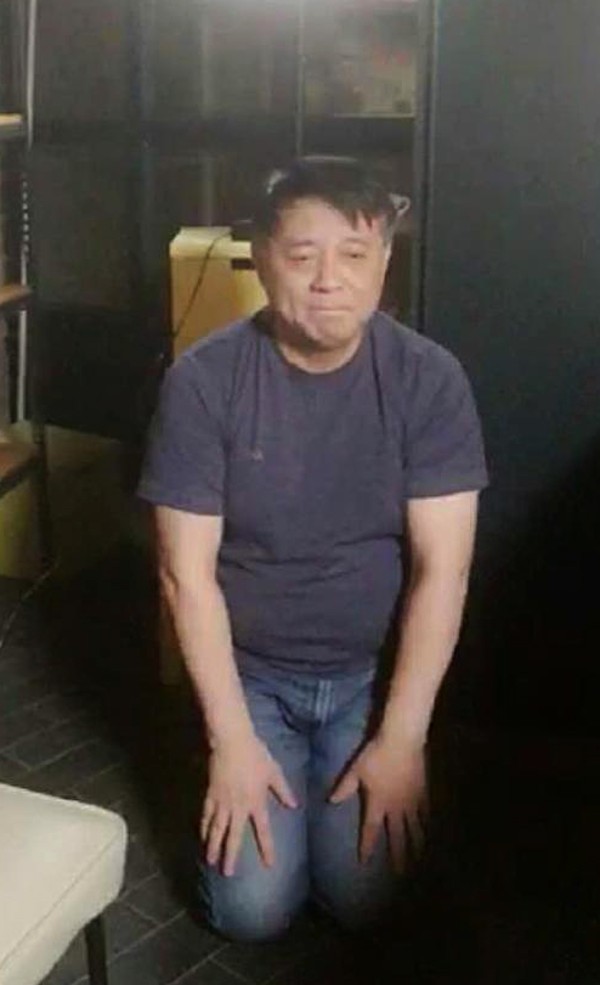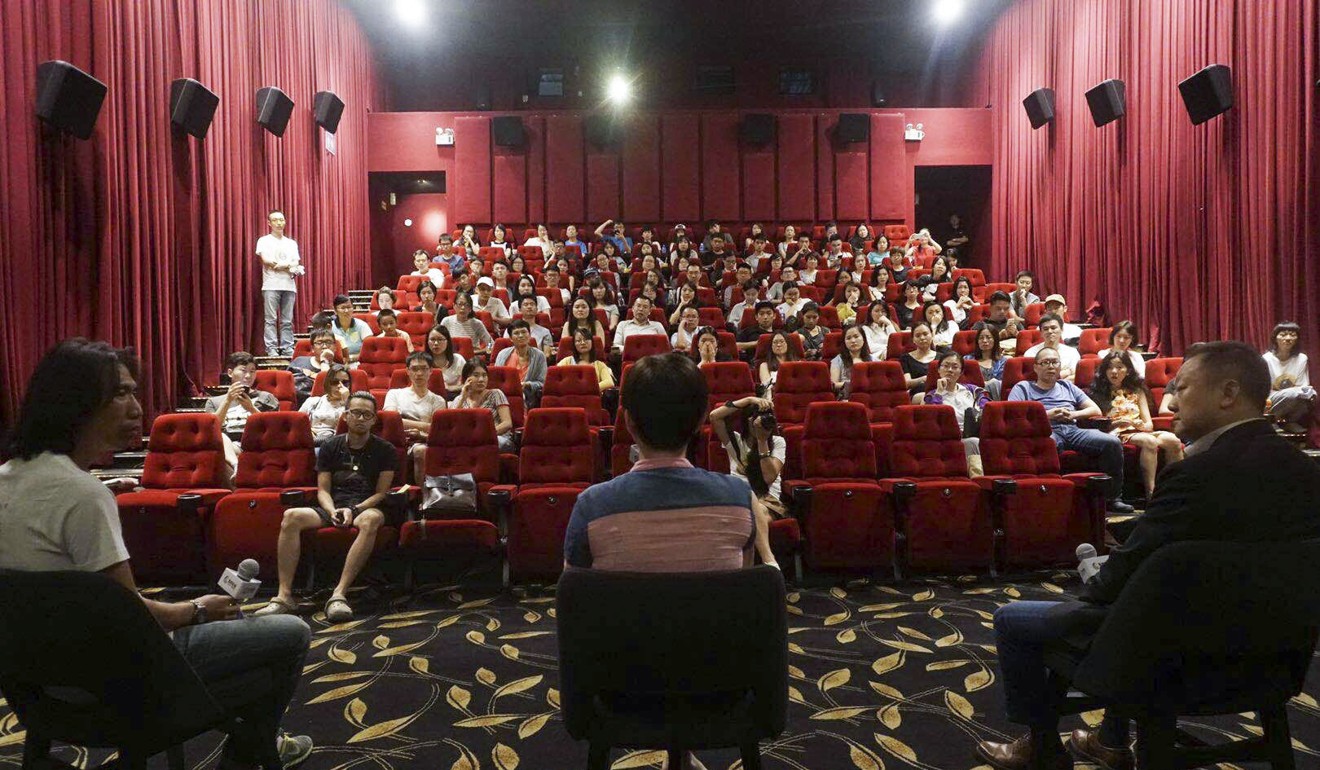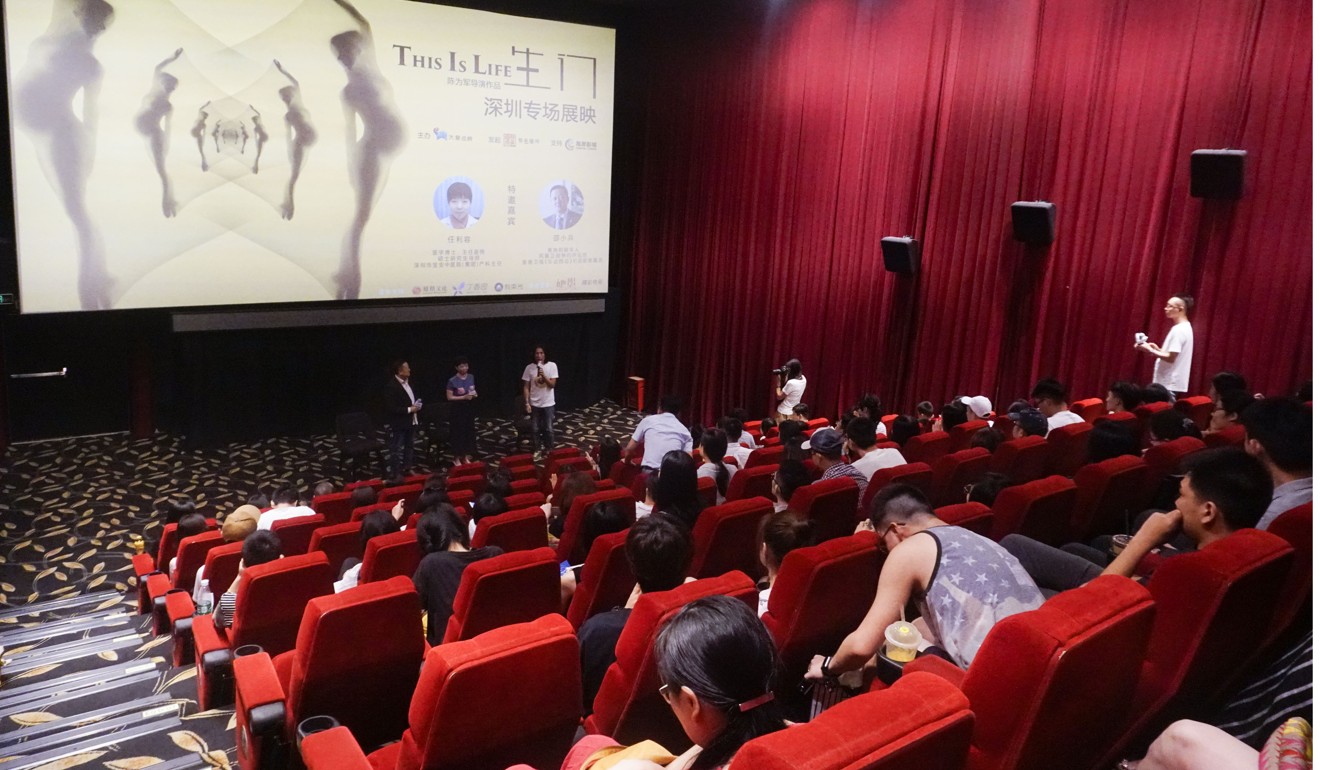
Indie filmmakers struggle to rewrite the script in Chinese cinemas
Between the censors and a preference for blockbusters, it’s a battle for art-house films to reach a wider audience in China
Competing against all the blockbusters dominating Chinese cinema screens in August, Oscar-winning drama Manchester by the Sea was a surprise hit.
Indie director Kenneth Lonergan’s 2016 film, which won two Academy Awards in February, has racked up more than US$1.2 million in ticket sales in China so far, according to online database Box Office Mojo.
That was just a small proportion of the movie’s foreign box office takings of close to US$30 million, but it is still considered a good performance for an indie film in China, where most cinemas tend to stick to the big-budget crowd-pleasers.
China, the world’s second largest film market, now has more screens – over 41,000 – than the United States and that number is expected to go beyond 80,000 by 2021, according to a report from accounting firm PricewaterhouseCoopers.
But unlike countries where the market is more developed and there are independent movie theatres, most Chinese cinema chains will not give up a two-hour slot for a low-budget indie film when they can screen a blockbuster that is sure to sell tickets. And if they do, it will be screened at an unpopular time, when few people can go.
Chinese filmmakers have been battling for wider theatrical releases of indie and art-house films for years. This reached a critical point when respected producer Fang Li fell to his knees in May last year to plead with cinemas to add more screenings of Song of the Phoenix to their programmes, during a broadcast on a live-streaming app.
Fang had invested in the 15 million yuan (US$2.25 million) indie film – about two generations of suona players, a traditional Chinese instrument – directed by the late Wu Tianming.
His plea made headlines and prevented the film from disappearing into obscurity – its box-office takings jumped by 50 times in just 10 days, and it raked in a total of 86 million yuan.

Five months later, the National Arthouse Film Alliance was set up to work with a network of cinemas to push for more screenings of indie films in China. Led by the China Film Archives in Beijing and backed by the regulator, the State Administration of Press, Publication, Radio, Film and Television (SARFT), it bills itself as a non-profit dedicated to promoting art-house movies.
It has seen early success with Manchester by the Sea, its first imported title released in 185 cinemas across 66 mostly first- and second-tier cities.

Other frustrated cinephiles have been given the chance to take matters into their own hands. Shanghai start-up Elemeet launched a crowdsourcing platform hosted by instant messaging app WeChat in December that allows anyone to organise small screenings of indie films at cinemas across the country. If they meet the target audience number it goes ahead. If not, it will be cancelled and the ticket price refunded.
It means a guaranteed audience for the cinemas, while for the punters, it offers a chance to watch an indie film at a more convenient time, such as a Saturday afternoon.
Elemeet said it had already signed up more than 300 organisers, who get a 10 per cent cut of the box-office earnings for hosting the event.
“The traditional film distribution model dictates what films you watch, and how. We go the other way – we find the audience for the [cinema] business,” Elemeet manager Xiao Fuqiu said.
The platform has been used to arrange thousands of screenings of about 10 different films across the country – including at cinemas in cities in the remote far western Xinjiang region and Tibet, Xiao said.
Films offered by Elemeet include Chinese documentary Still Tomorrow, about poet Yu Xiuhua, “China’s Emily Dickinson”, BBC Earth’s One Amazing Day, and the Netflix documentary Sky Ladder: The Art of Cai Guo-qiang.
“We act like a distributor. Many film producers use our platform to test the market response and find their audience through our crowdsourced premieres ahead of a wider release,” Xiao said.
In the case of Sky Ladder, some 115 screenings were arranged across China, each with 80 per cent occupancy for a total audience of 13,000. That compares to its wider release on September 22, when the documentary was screened just six times out of every 1,000 screenings at cinemas where it was shown. It had total box office takings of about US$212,000 in China.

Although Elemeet offers an opportunity to see such films on the big screen, it is still restricted in what can be shown. All films on offer must be approved by the censors at SARFT – meaning many indie films, particularly documentaries, will not make the cut because they deal with sensitive topics.
“We still believe there are a number of art-house films and documentaries that have been approved for release but they don’t have the budget for distribution – in fact that’s probably their biggest expense,” Xiao said.
He gave the example of Chinese documentary This is Life, about the realities of childbirth, which has been screened via Elemeet. It cost 6 million yuan to make and another 6 million yuan to distribute, Xiao said.

Showing unapproved documentaries, meanwhile, has for years been limited to places such as bookstores, museums and art galleries. And since a new law took effect in March, screening such films has become even more difficult. The film industry promotion law states that films without a release permit cannot be distributed, screened or transmitted via the internet.
“This rule is just evil,” documentary filmmaker Wang Libo said. “It’s scrubbed away any freedoms and tolerance for [independent productions]. There are too many films that they find fault with ... I think SARFT is looking to kill the chicken to scare our kind of monkey.”
In Shenzhen, Ma Lin has been arranging screenings of indie films for six years and now uses Elemeet to arrange sessions. He said it had become more common for the local authorities to shut down such screenings without notice.
By mid-2013, the authorities had pulled the plug on China’s three biggest independent film festivals – in Beijing, Nanjing and Yunnan province.
Without these channels, some filmmakers are turning to crowdfunding so that their work sees the light of day. The makers of Shanghai Youth – an 8½-hour documentary on the struggle of Shanghai intellectuals sent to work in Xinjiang from 1963 to 1966 – organised 12 screenings of the film after raising funds on social media.
“Our film censorship system is ruled by people. If a film doesn’t get a release permit, we will find other ways to screen it. There are always ways around the law,” Ma said.

